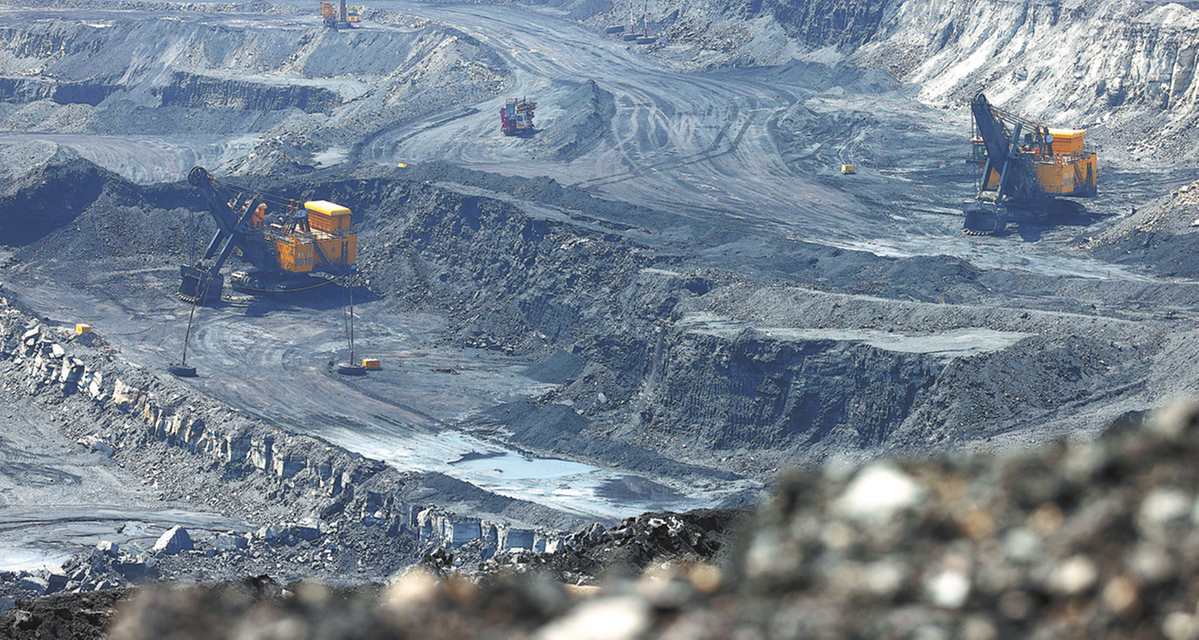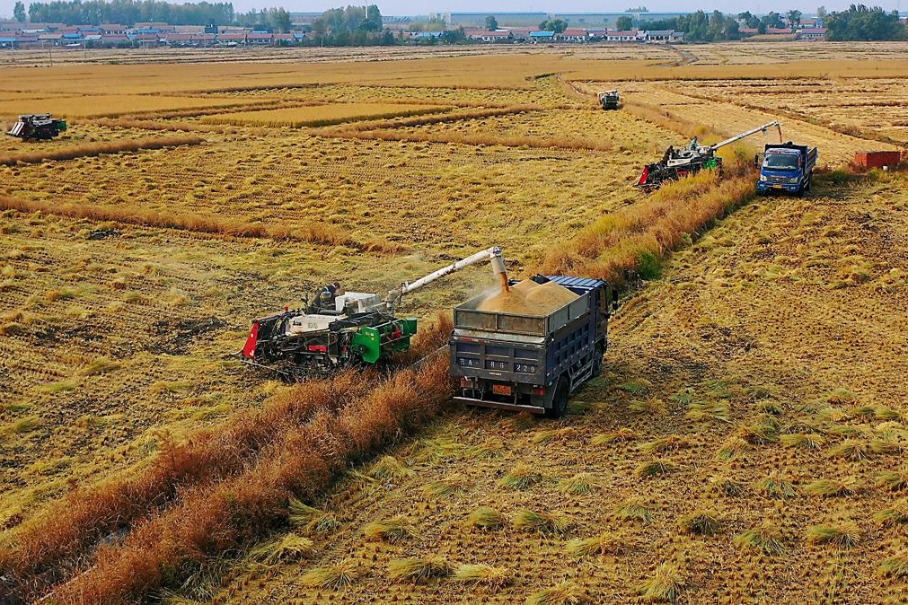China records a big drop in workplace accidents and deaths


China saw a remarkable decline in workplace accidents and deaths during the first three quarters of 2024, a senior emergency management official said on Thursday.
From January to September, the country recorded 13,442 workplace safety accidents, down 20.8 percent year-on-year, resulting in 12,804 deaths, a 16.2 percent decrease, according to Shen Zhanli, spokesperson for the Ministry of Emergency Management, at a news conference in Beijing.
Six major accidents occurred during the period, causing 96 deaths, while no particularly serious accidents were reported, she said.
Shen noted that China's overall safety situation remained stable, though typical accidents continued to occur in certain regions and sectors, and preventing major safety risks remains a "challenging task".
She outlined several key trends in the past nine months.
In the construction sector, the total number of accidents dropped, but serious incidents still occurred in railway projects as well as transport infrastructure constructions run by central state-owned enterprises, often involving collapses, falls from height, and poisoning.
The overall number of accidents declined in transportation, but major incidents occurred in water transport, the spokeswoman said.
The mining industry remained largely stable, though illegal mining and insufficient risk management caused multiple accidents.
Fires in crowded public places, such as restaurants and shops, were frequent, with several major incidents reported, she said.
Shen also provided updates on natural disasters during the first three quarters.
"Floods, geological disasters, earthquakes, typhoons, windstorms, and droughts were the main types, alongside varying degrees of low-temperature, snow, forest fire, and marine disasters," she said.
These disasters affected 55.1 million people, left 742 dead or missing, and caused direct economic losses of 217.7 billion yuan ($30.5 billion), she said.
Meanwhile, China experienced 36 regional heavy rainfall events in the past nine months, with North China's rainy season longer and wetter than usual, according to Shen.
The national average temperature in July was the highest since 1961, while August's hot, dry weather negatively affected autumn crops in provinces such as Hubei and Jiangxi.
- China records a big drop in workplace accidents and deaths
- 2025 World Laureates Forum to convene in Shanghai
- Hainan welcomes two millionth international passenger in 2025
- President Xi on grain security
- China's emergency management authorities step up use of AI model
- Chinese language education embraces digital economy at Shanghai university





































